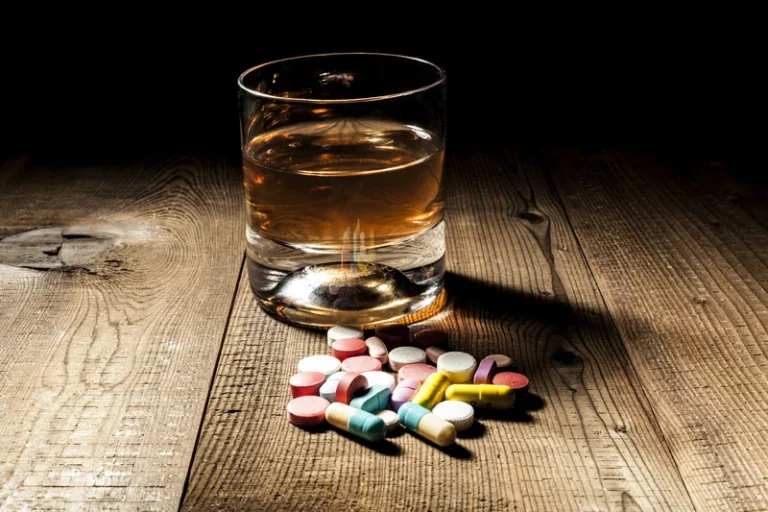
Another benefit of giving up alcohol is that your mind may be clearer. This is because alcohol can cause changes in brain chemistry, which can lead to cognitive problems. You might notice this effect more if you were drinking to manage your mood, such as drinking to temporarily relieve negative emotions or boost positive ones. If you struggle to sleep, talk to your doctor about solutions that might help. This may be more pronounced if you often use alcohol as a way to manage existing sleep problems. Unfortunately, while alcohol may make it seem like you are falling asleep quicker, it can also lead to worse sleep quality.
Complications
It’s important first to get evaluated by a medical professional and to reach out to a support system if you’re able. This could be family members, friends, members of your community, or people in sobriety support groups. This may include medications, therapy, or both and can be offered in a variety of settings, both inpatient, outpatient, or a hybrid model.
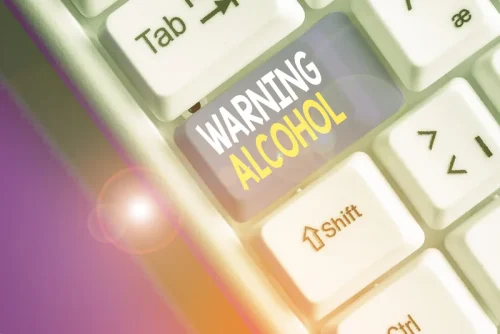
For Some, Day Five Brings Relief
Plus, over time you will begin to experience the many benefits of sobriety. Cutting back or cutting out alcohol is an amazing choice you can make for your health and lifestyle. As a therapist that helps people stop drinking, I often hear from clients that they want to make a change, but are intimidated by the potential of experiencing withdrawal symptoms.
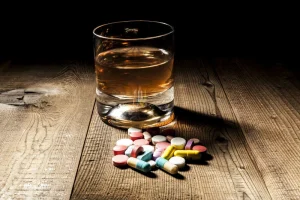
When Does Alcohol Withdrawal Start?
Alcohol withdrawal can occur when a person who has used alcohol for a significant period of time stops drinking or significantly decreases their use. Alcohol withdrawal can have a broad range of symptoms, some of which can be dangerous or even life-threatening if not treated. That’s why it’s vital to consult a physician before you stop drinking in order to create a plan to stop drinking or taper down safely. A doctor may also prescribe a sedative drug, such as a benzodiazepine, to help reduce withdrawal symptoms such as restlessness or agitation. Benzodiazepines like Librium (chlordiazepoxide) and Ativan (lorazepam) may also help to prevent minor withdrawal symptoms from becoming more severe.
- If you don’t already have a supportive network, you can make new connections by joining social media communities dedicated to alcohol-free living.
- For people at low risk of complications, an office visit to your primary care provider, along with at-home monitoring and virtual office visits, may suffice.
- Some symptoms, such as irritability, fatigue, and sleep disturbances, may persist over time while the body adjusts to the lack of alcohol.
- The first step in the journey of recovery from alcohol use disorder is to complete a detox.
As a result, the brain so continues to produce stimulating neurotransmitters. The medical community often refers to the “four stages of withdrawal” as a roadmap for what someone might expect right when they stop drinking. Remember that it’s important to connect with a medical professional before you stop drinking to ensure that you can go through each stage safely. Whilst physical withdrawal symptoms are likely to be at their worst during the first couple of days and are usually very much improved in a couple of weeks, emotional issues may remain for longer.
- While cirrhosis scars from excessive drinking are irreversible, quitting alcohol and leading a healthier lifestyle can help your liver heal from alcohol-related liver disease.
- Any one of those symptoms could cause collateral health issues with some issues possibly leading to the threat of life.
- “Anxiety, dizzy, no sleep, exhausted. Does anyone ever feel like an electric current sometimes runs through your body? But it’s getting better every day.”
- Open discussions on addiction, especially with children, can teach the realities of substance use.
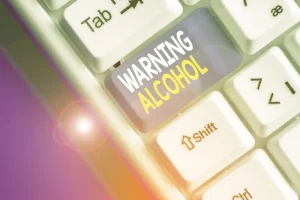
There are also some medication options alcohol withdrawal prescribed by doctors that may help with symptoms. There are two types of alcohol withdrawal, acute withdrawal and post-acute withdrawal, also known as ‘PAWS’. Acute withdrawal occurs in the first hours and days after you stop drinking, whereas PAWS can last for weeks or even months.
- When individuals use alcohol over a long period, their brain chemistry changes.
- Alcohol withdrawal symptoms range from mild but annoying to severe and life-threatening.
- Ambulatory withdrawal treatment should include supportive care and pharmacotherapy as appropriate.
Drugs and alcohol can serve as a tool for self-medication, providing temporary relief from symptoms of depression, anxiety, trauma, and others. A peaceful center dedicated to providing comprehensive treatment for mental health and addiction, helping young adults (18-35) and their families. For this reason—and because there are genuine dangers involved—a person should never attempt to detox from alcohol alone. As mentioned above, the exact timing depends upon several individual factors.
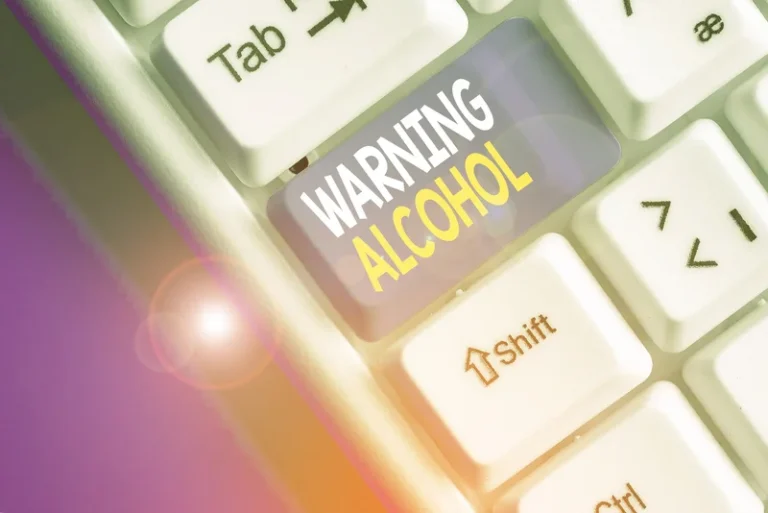
There are many benefits to giving up alcohol, both short-term and long-term. If you’re considering quitting drinking, these benefits may be just what you need to help you decide. Of course, giving up alcohol is not always easy, and there may be some challenges along the way.
Management and Treatment
Alcohol use disorder frequently occurs alongside other mental health conditions. Pre-existing mental health conditions can sometimes lead people to turn to alcohol to cope with their symptoms. In other cases, long-term alcohol exposure can increase a person’s risk of developing a psychiatric illness. When you first stop drinking, your body will begin to detoxify itself. This can lead to withdrawal symptoms, including anxiety, tremors, sweating, and nausea. Do not hesitate to seek medical attention during any phase of alcohol withdrawal.
The alcohol withdrawal timeline varies, but the worst of the symptoms typically wear off after 72 hours. People who are daily or heavy drinkers may need medical support to quit. Stopping drinking abruptly can lead to seizures and can even be fatal. If a physician determines that you’re at risk for severe withdrawal, it’s important that you get the appropriate care so that you can be monitored and evaluated during your withdrawal. Treatment may take place at a hospital or at an inpatient detox center.
